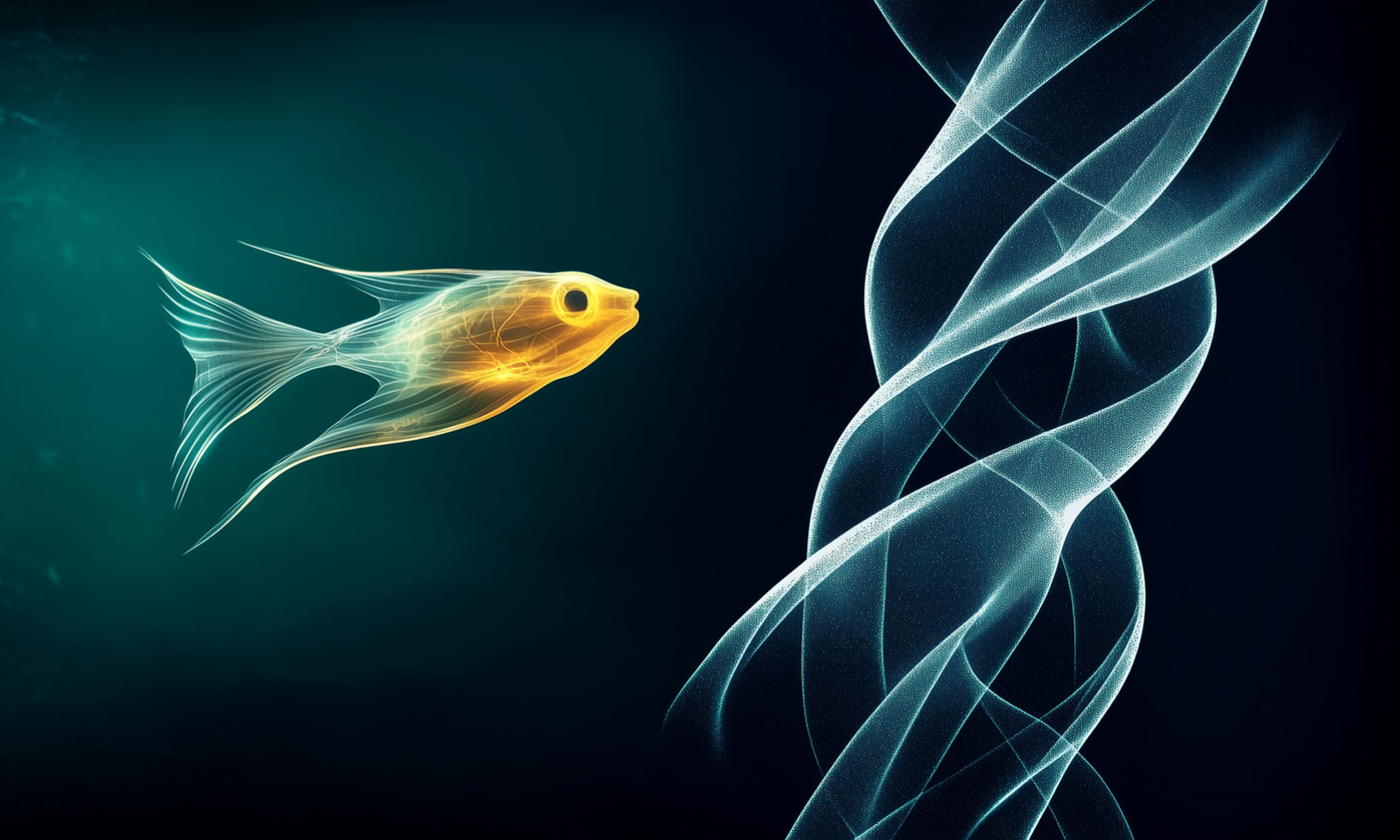
DANIO-ReCODE coordinator

DANIO-ReCODE beneficiary

DANIO-ReCODE beneficiary

DANIO-ReCODE beneficiary

DANIO-ReCODE beneficiary

DANIO-ReCODE beneficiary

DANIO-ReCODE beneficiary

DANIO-ReCODE beneficiary

DANIO-ReCODE beneficiary

DANIO-ReCODE beneficiary

DANIO-ReCODE beneficiary

DANIO-ReCODE beneficiary

DANIO-ReCODE beneficiary

DANIO-ReCODE beneficiary

DANIO-ReCODE beneficiary
